
How to pronounce Audrey Schulman: SHULL-man
Audrey Schulman recalls some of the stories from her past that inspired Three Weeks in December, which is set in late 19th century East Africa and contemporary Rwanda.
Where did Jeremy's story come from?
Part of where Jeremy came from was a story that my great uncle told me about being forced into the role of the great white hunter when he was young and lived in India.
My great uncle went to India to work on a remote tea plantation around 1930. Harry was a sweet and self-deprecating man, a man intended more for farming than hunting. However, he was living on the tea plantation when a rogue elephant started killing off Indian villagers in the area. The elephant, a huge male, had developed a fondness for rice wine. The villagers would make the wine by digging a large pit and filling it with rice and water to ferment. The elephant would sneak into the village at night, guzzle the wine and then, in a drunken fit, run through the village trampling people to death.
Since Harry was the only one in the area with a shotgun big enough for an elephant, the villagers logically went to him to ask him to kill the elephant. Unfortunately Harry could barely shoot the gun. A small and savvy Indian managed to lead Harry through the jungle into the right position for a good shot of the elephant. He managed to do this not once, but twice. Both times Harry couldn't find the elephant through the jungle foliage even with the Indian pointing. The Indian, frustrated with Harry's inability to perceive, much less hit, a target the size of an elephant, arranged instead for Harry to stay one night on the porch of the house next to the rice wine pit. This way he'd be so close even he couldn't miss.
Harry sat there on the porch, waiting and waiting through the night, trying to stay awake, knowing a huge murderous elephant could arrive at any moment.
At one point, he realized he couldn't see the moon anymore. Staring into the darkness where the moon had been, he understood the elephant had - without a sound - snuck in so close to him its forehead was blocking the moon. He pointed and shot frantically and at that distance killed it.
He didn't know how the other villages heard about the dead elephant, but within 24 hours the elephant's body has been utterly disassembled and carted off as food by Indians marching in from miles away.
Over the years, my uncle's story stuck with me because of the way his role of great white hunter was inspired by the physical possession of a large gun, not by any demonstrated hunting capability. More than a decade after hearing my uncle's story, I read Col. Patterson's The Man-Eaters of Tsavo, the true story of the two man-eating lions that killed over 100 people while the railroad was being built across what is now Kenya. Patterson's book is the classic story of a brave British hero competently battling against murderous animals.
How much fun it would be, I thought, to retell that story with a very different protagonist.
Is Jeremy at all like your great uncle?
Oh, no. My uncle had a different career, nationality, life choices and personality. The main similarities were both of them perhaps weren't the best people to be stuck in a foreign country with a large gun and a great need to stop a human-killing animal.
My uncle, although he did not come across as iron-willed, did survive years in a Japanese prisoner of war camp near Singapore, including a month in solitary. I think my uncle felt a true joy in life that let him survive. He lived to be the age of 100. I feel lucky to have known him.
He died only a few weeks before Three Weeks in December was accepted for publication.
And what about Max's side of the story?
Ahh, with her side of the novel, I struggled and struggled for years.
I figured out, in the first few drafts, the basic plot and components of her story: Rwanda, the mountains, the gorillas, the vine and the Kutu. However, no matter how I rewrote her chapters trying out different details and narrative drives, her story just wouldn't come alive.
In one attempt, she had a sister and then partway through the novel, I killed the sister off. When that didn't work, I gave her one profession and then another; living parents; then dead parents. For five years I kept reworking her story and all the versions of her story were terrible.
Then one day, around the time I was close to giving up on the book, I started thinking about how Dian Fossey had first worked with developmentally disabled kids before going to Africa to study mountain gorillas. Neither job had her in contact with many other adults. Perhaps this was because, judging from her personal life, she had difficulty with other adults. There is one story of her going to a restaurant with people she worked with and the only food she ate was all the butter pats on the table, peeling them one by one and popping them into her mouth. She seemed to have no idea that other people might find that strange.
Thinking about this part of her personality, it occurred to me part of why she stayed in the jungle trying hard enough and long enough to be accepted by the gorillas, was she had no other options of places to go, or of connections to have.
And fast upon the heels of that insight came three additional thoughts.
Interview reproduced from www.audreyschulman.com, with permission.
Unless otherwise stated, this interview was conducted at the time the book was first published, and is reproduced with permission of the publisher. This interview may not be reproduced or reprinted without permission in writing from the copyright holder.
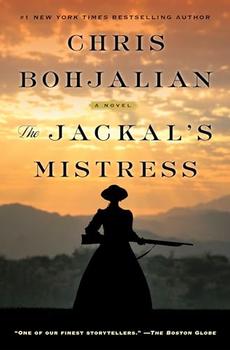
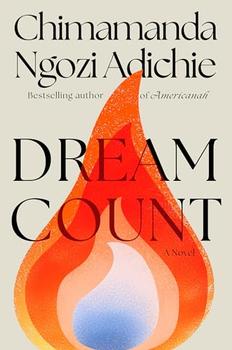
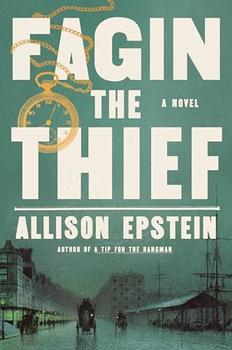
Fagin the Thief
by Allison Epstein
A thrilling reimagining of the world of Charles Dickens, as seen through the eyes of the infamous Jacob Fagin, London's most gifted pickpocket, liar, and rogue.
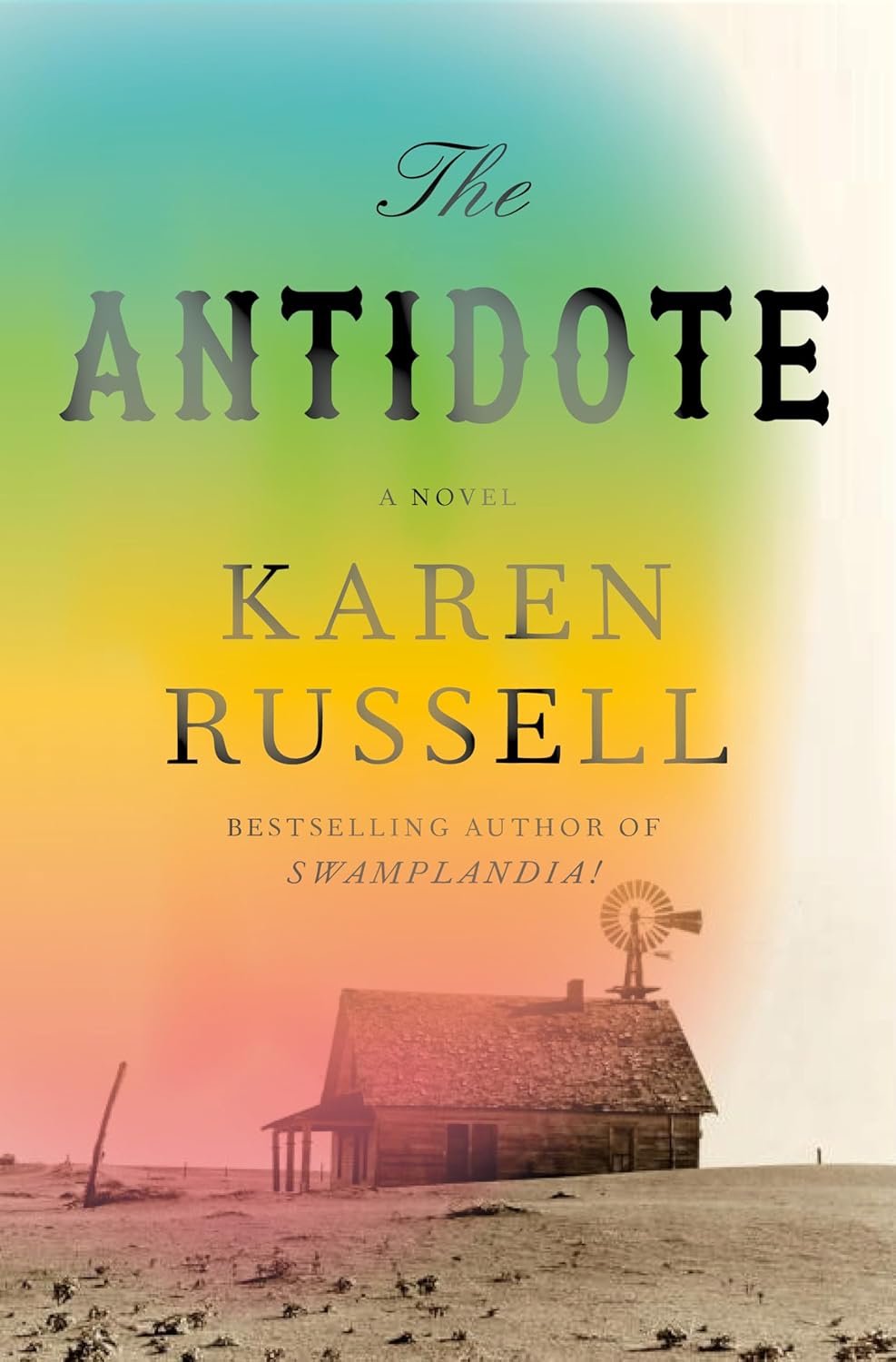
The Antidote
by Karen Russell
A gripping dust bowl epic about five characters whose fates become entangled after a storm ravages their small Nebraskan town.

The Dream Hotel
by Laila Lalami
A Read with Jenna pick. A riveting novel about one woman's fight for freedom, set in a near future where even dreams are under surveillance.
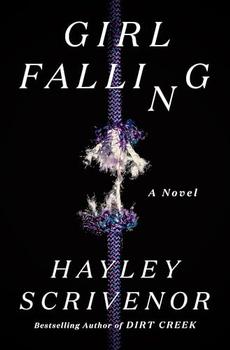
Girl Falling
by Hayley Scrivenor
The USA Today bestselling author of Dirt Creek returns with a story of grief and truth.
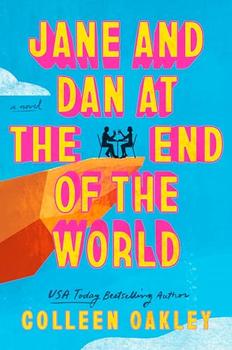
Jane and Dan at the End of the World
by Colleen Oakley
Date Night meets Bel Canto in this hilarious tale.
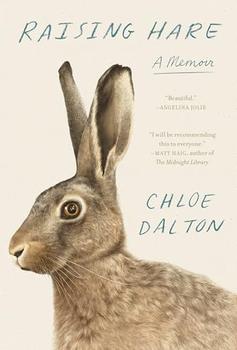
Raising Hare
by Chloe Dalton
A moving and fascinating meditation on freedom, trust, and loss through one woman's friendship with a wild hare.
A classic is a book that has never finished saying what it has to say
Click Here to find out who said this, as well as discovering other famous literary quotes!
Your guide toexceptional books
BookBrowse seeks out and recommends the best in contemporary fiction and nonfiction—books that not only engage and entertain but also deepen our understanding of ourselves and the world around us.